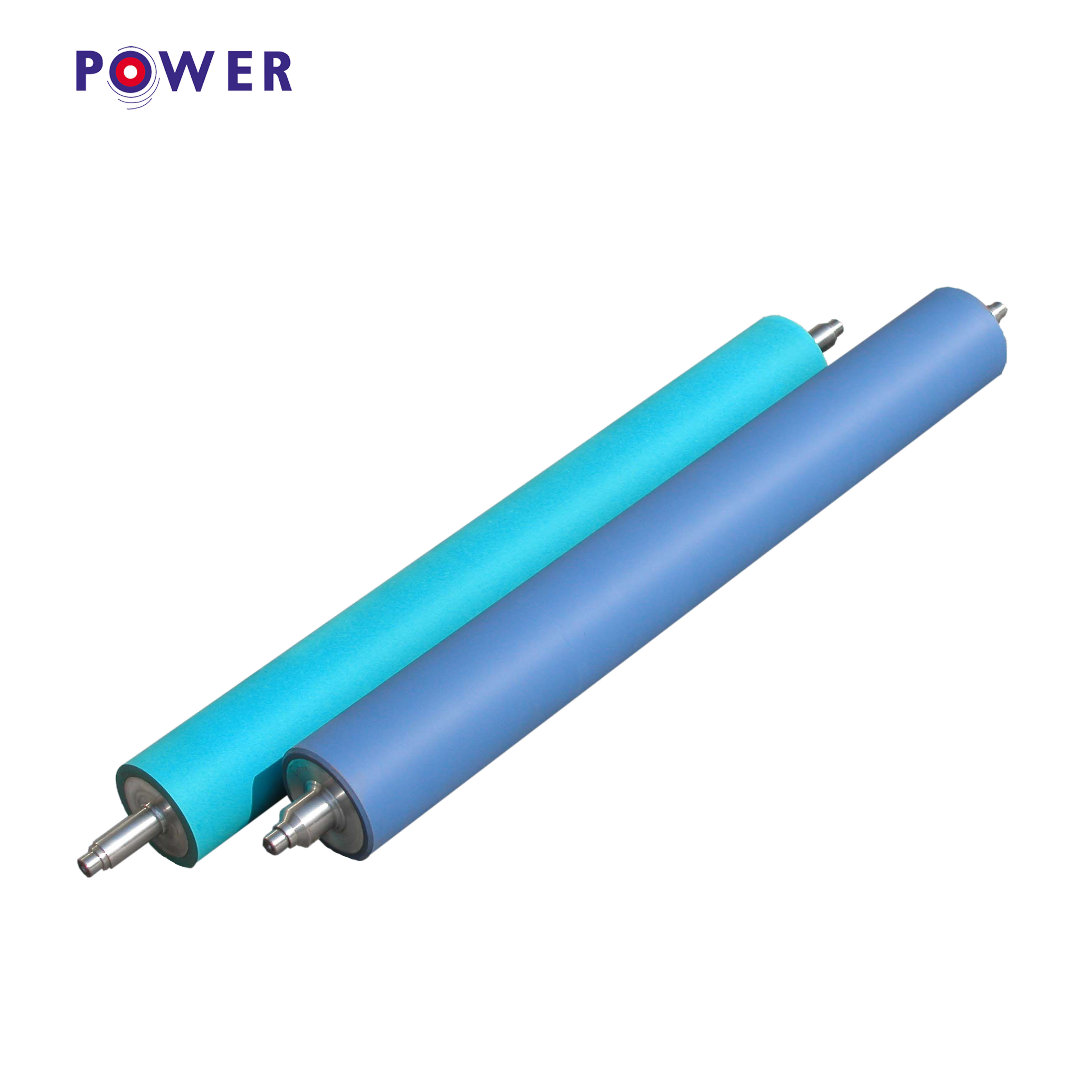Characteristics of Silicone Rubber Rollers

Silicone rubber rollers are widely used in industries such as printing, woodworking, and electronics due to their unique properties and versatile applications. In this article, we will explore the key characteristics of silicone rubber rollers that make them popular and preferred in various industrial processes.
High Temperature Resistance: One of the primary characteristics of silicone rubber rollers is their exceptional high temperature resistance. Silicone rubber can withstand temperatures ranging from -50°C to 250°C, making it ideal for applications where heat resistance is essential. This property allows silicone rubber rollers to maintain their performance and durability even under extreme temperature conditions.
Excellent Chemical Resistance: Silicone rubber rollers exhibit excellent resistance to a wide range of chemicals, including acids, alkalis, solvents, and oils. This chemical resistance makes silicone rubber rollers suitable for applications where exposure to corrosive substances is common. The ability of silicone rubber to resist chemical degradation ensures the longevity and reliability of the rollers in harsh industrial environments.
Superior Anti-Adhesive Properties: Silicone rubber is inherently non-stick and has excellent anti-adhesive properties, making it an ideal material for applications where sticking or adhesion is a concern. Silicone rubber rollers prevent the accumulation of adhesive residues, inks, or coatings during operation, resulting in smoother production processes and reduced downtime for cleaning and maintenance.
High Electrical Insulation: Another key characteristic of silicone rubber rollers is their high electrical insulation properties. Silicone rubber has a high dielectric strength and low electrical conductivity, making it suitable for applications where electrical insulation is required. Silicone rubber rollers are widely used in electronic and electrical industries to ensure reliable performance and safety in electrical applications.
Excellent Elasticity and Flexibility: Silicone rubber is known for its excellent elasticity and flexibility, allowing silicone rubber rollers to conform to various surface contours and substrates. The inherent flexibility of silicone rubber enables the rollers to adapt to uneven surfaces and provide uniform pressure distribution during operation. This property helps improve the quality and consistency of processes such as printing, laminating, and material handling.
Good UV and Weather Resistance: Silicone rubber rollers exhibit good resistance to ultraviolet (UV) radiation and weathering, making them suitable for outdoor applications or environments exposed to sunlight. The UV stability of silicone rubber prevents degradation and discoloration of the rollers over time, ensuring long-term performance and aesthetics in outdoor settings.
Easy Cleaning and Maintenance: Silicone rubber rollers are easy to clean and maintain due to their non-stick properties and smooth surface finish. The non-porous nature of silicone rubber prevents the absorption of contaminants, making it easy to remove dirt, debris, or residues from the rollers. Regular cleaning and maintenance help prolong the service life of silicone rubber rollers and ensure consistent performance.
In summary, silicone rubber rollers offer a combination of unique properties such as high temperature resistance, chemical resistance, anti-adhesive properties, electrical insulation, elasticity, UV resistance, and ease of cleaning. These characteristics make silicone rubber rollers a preferred choice in various industrial applications where reliability, durability, and performance are crucial.

